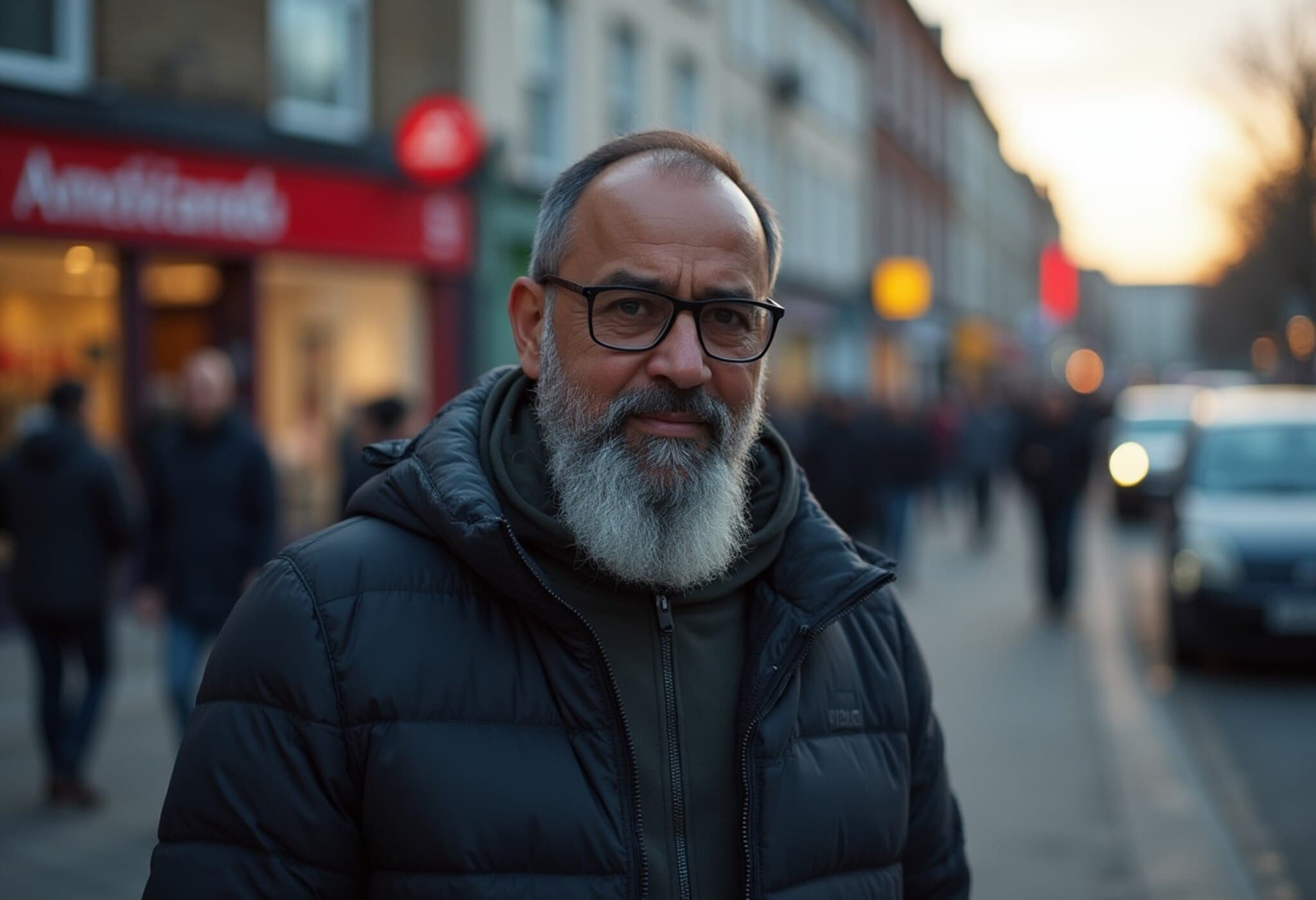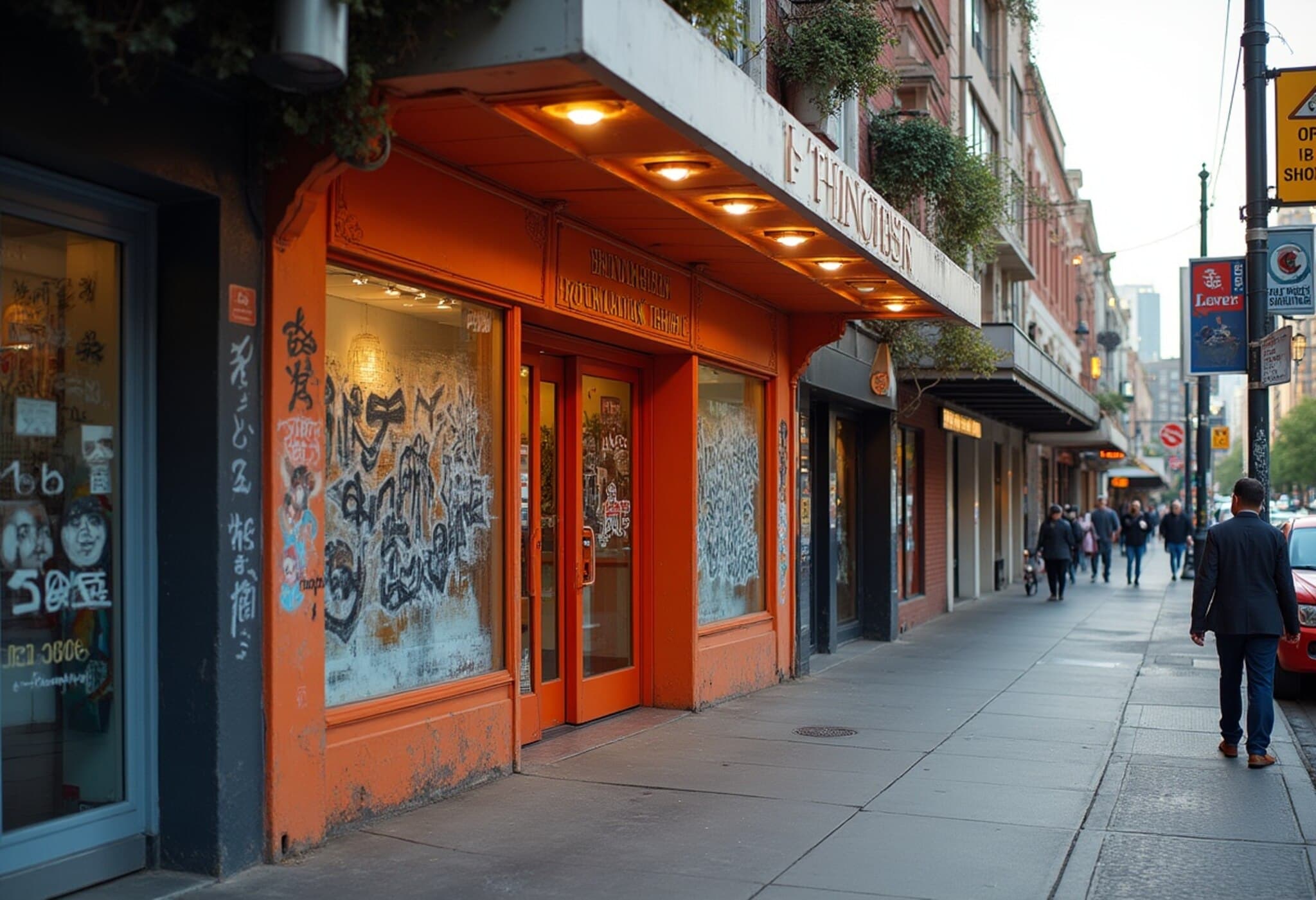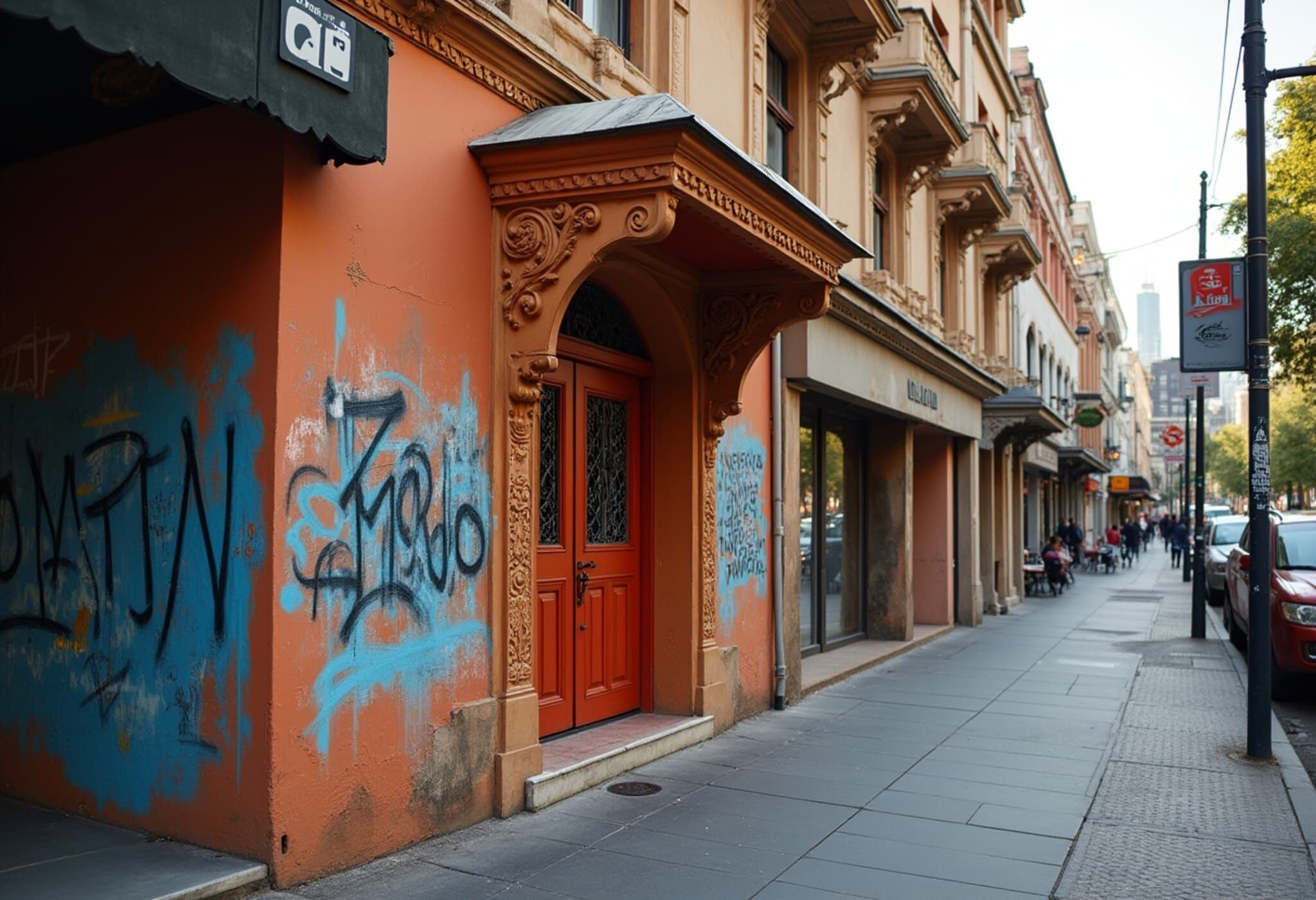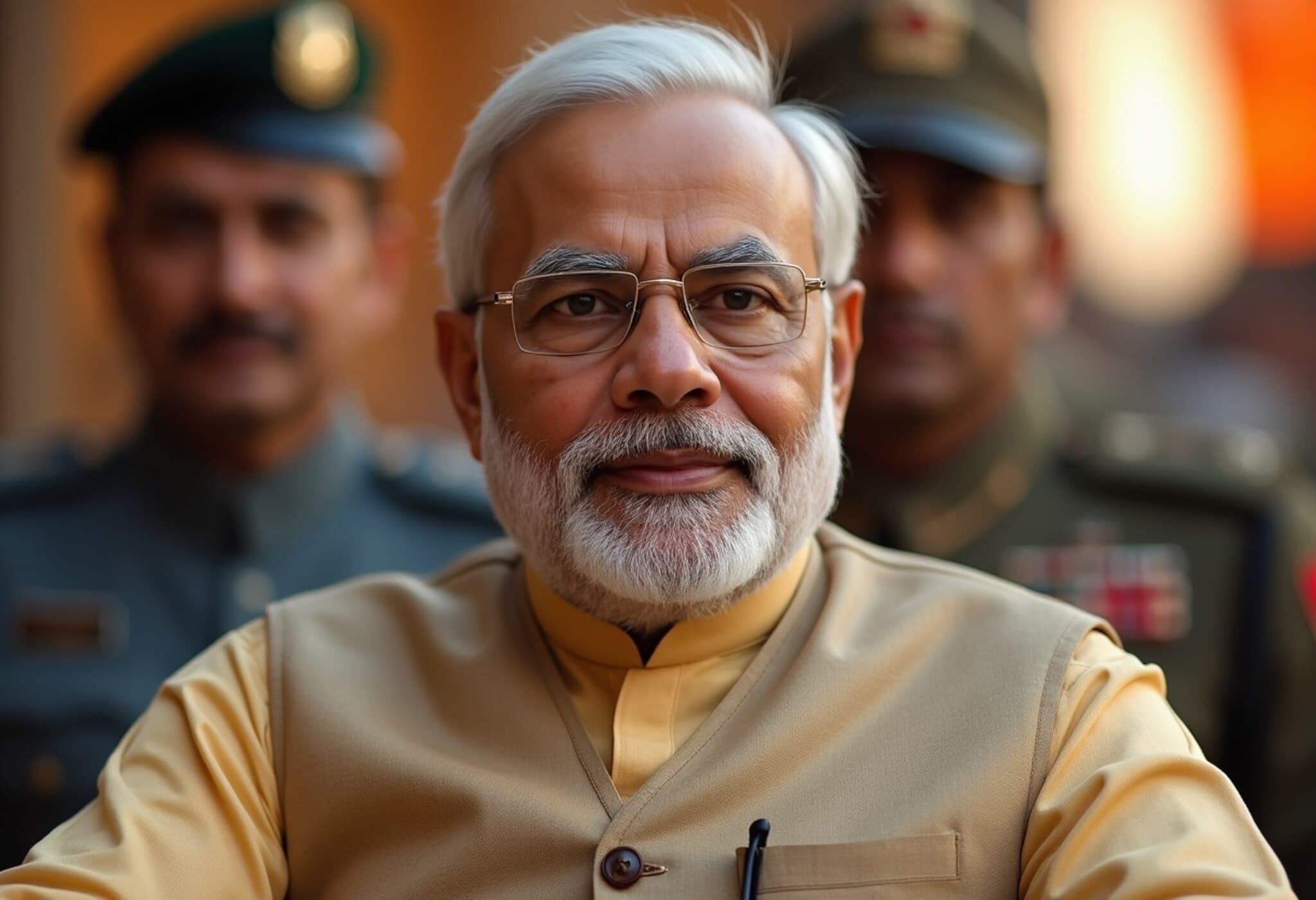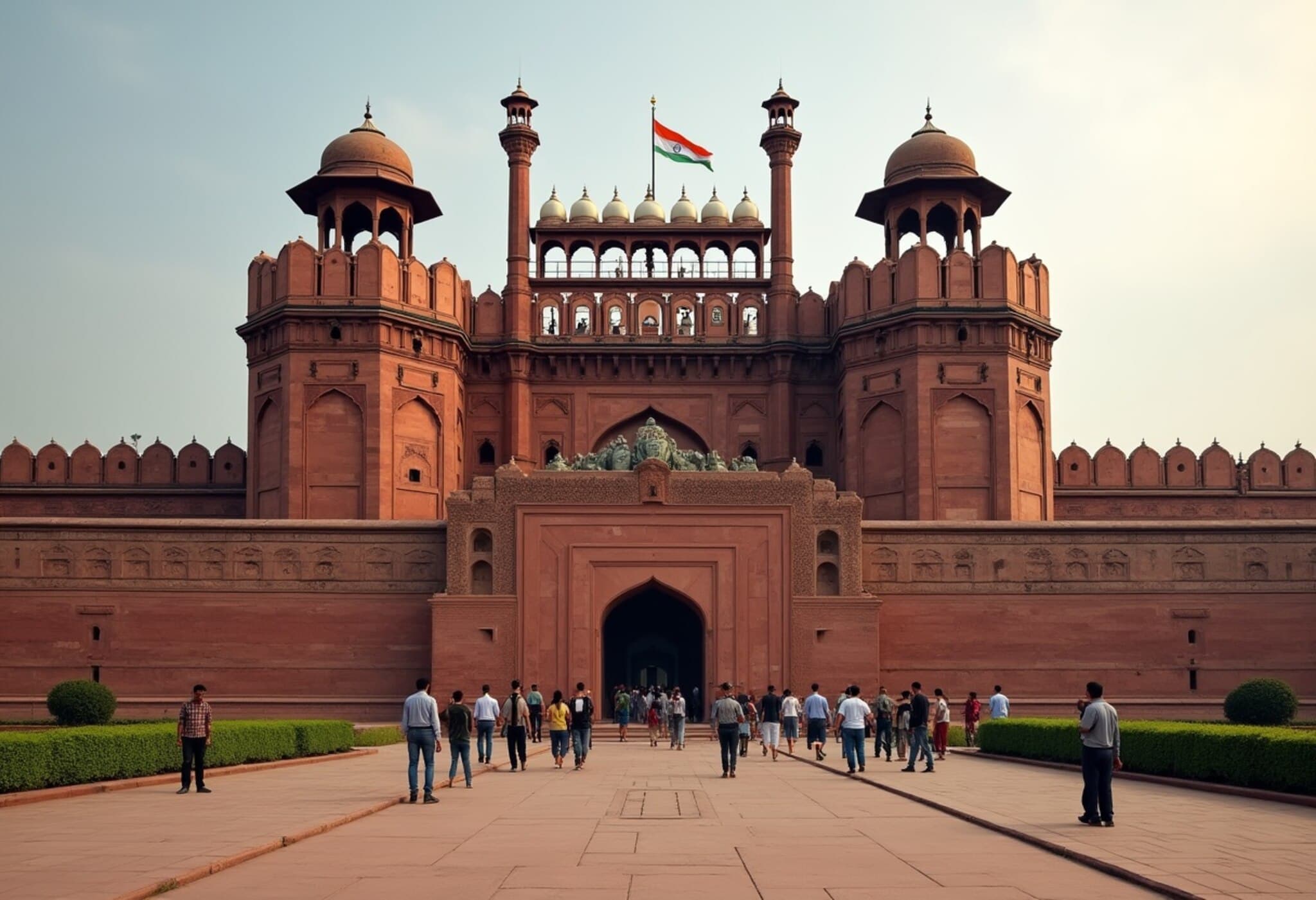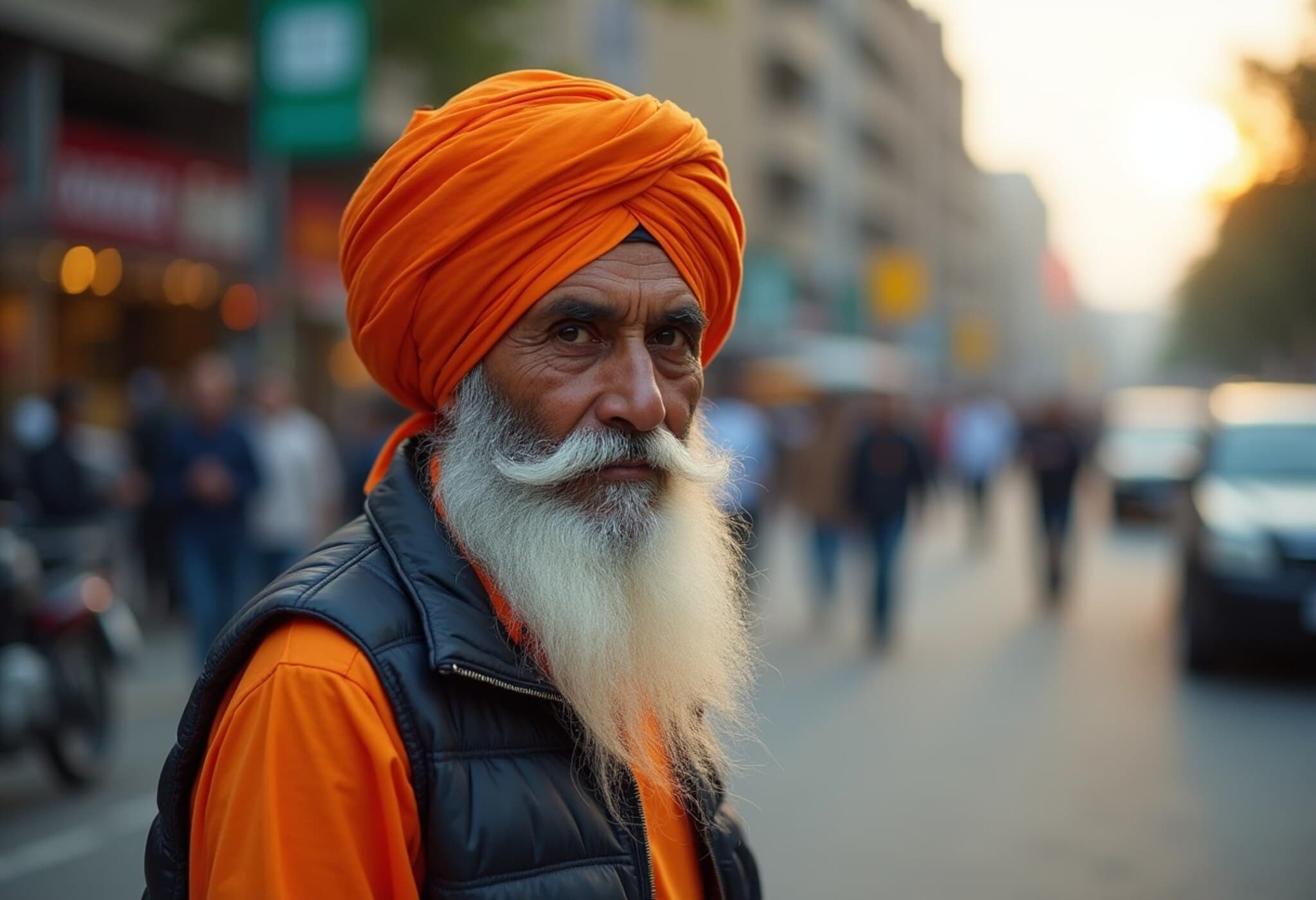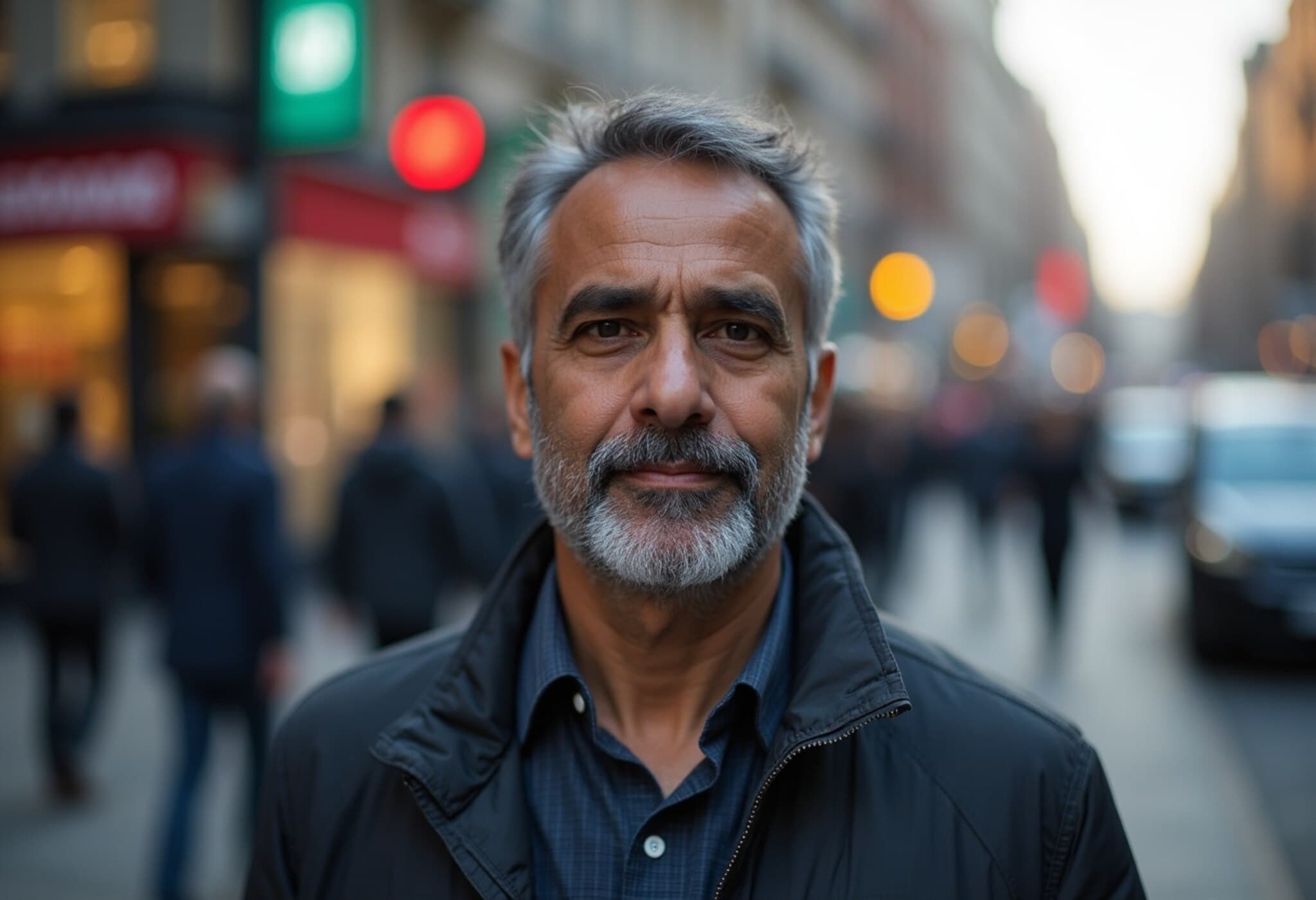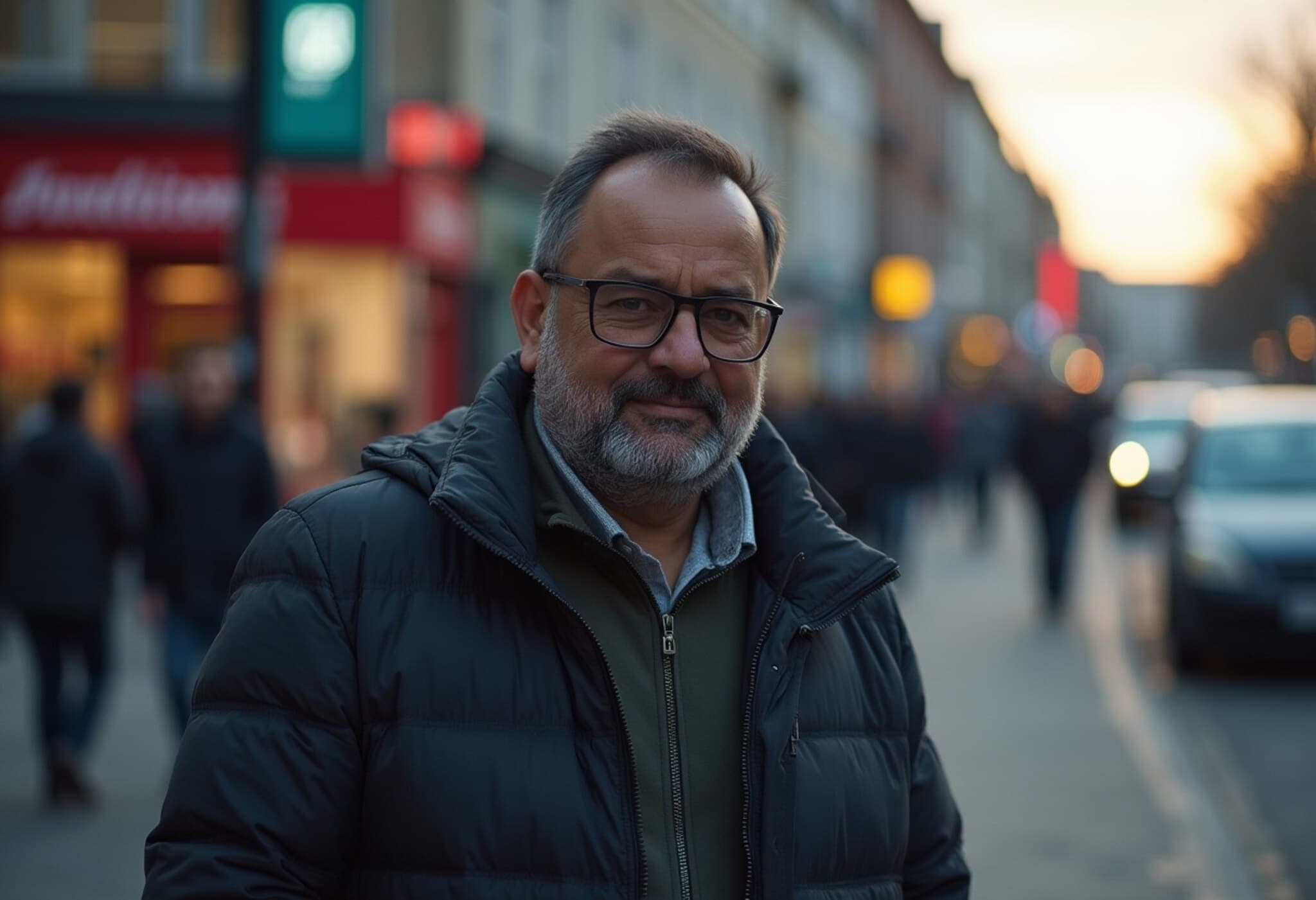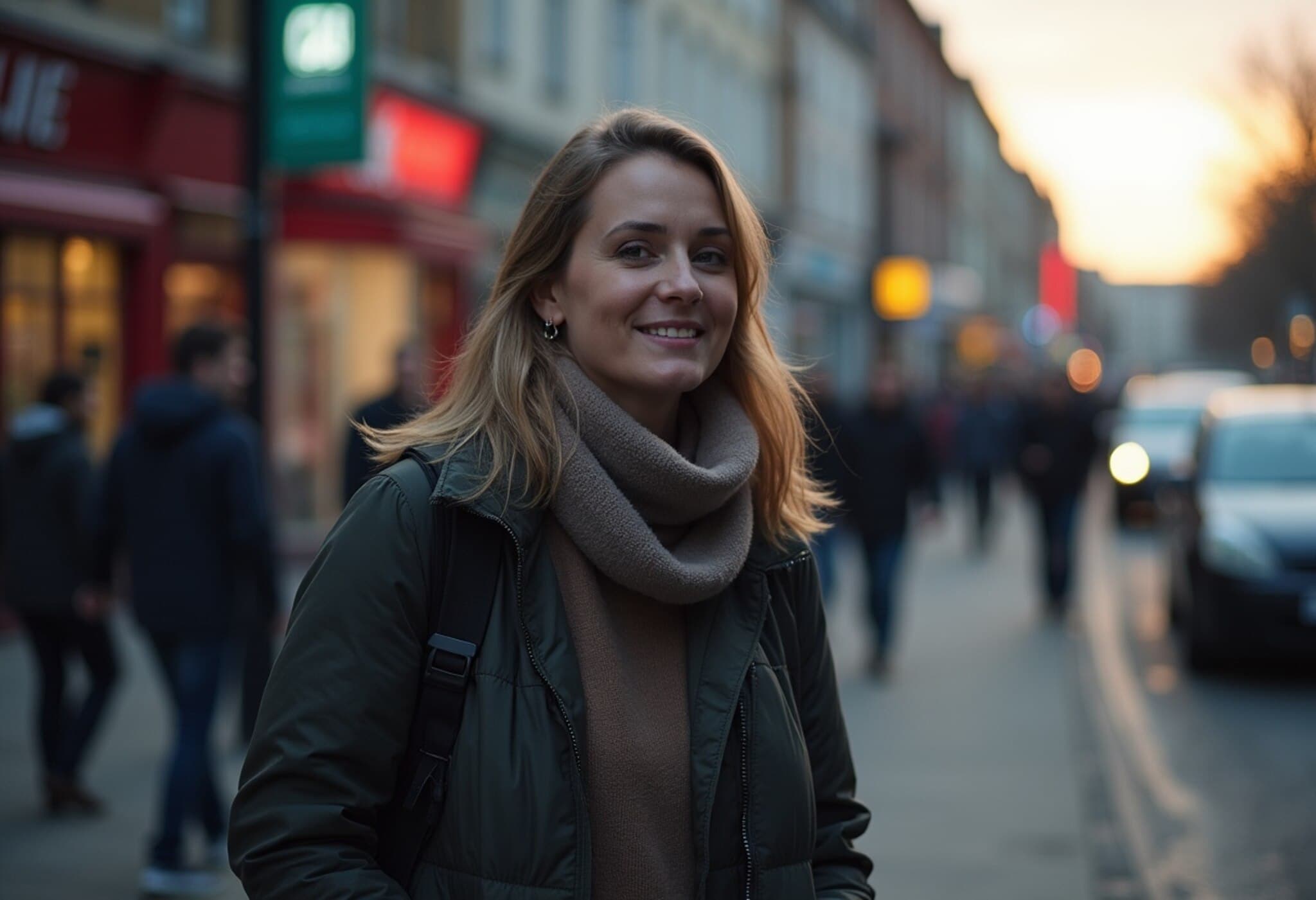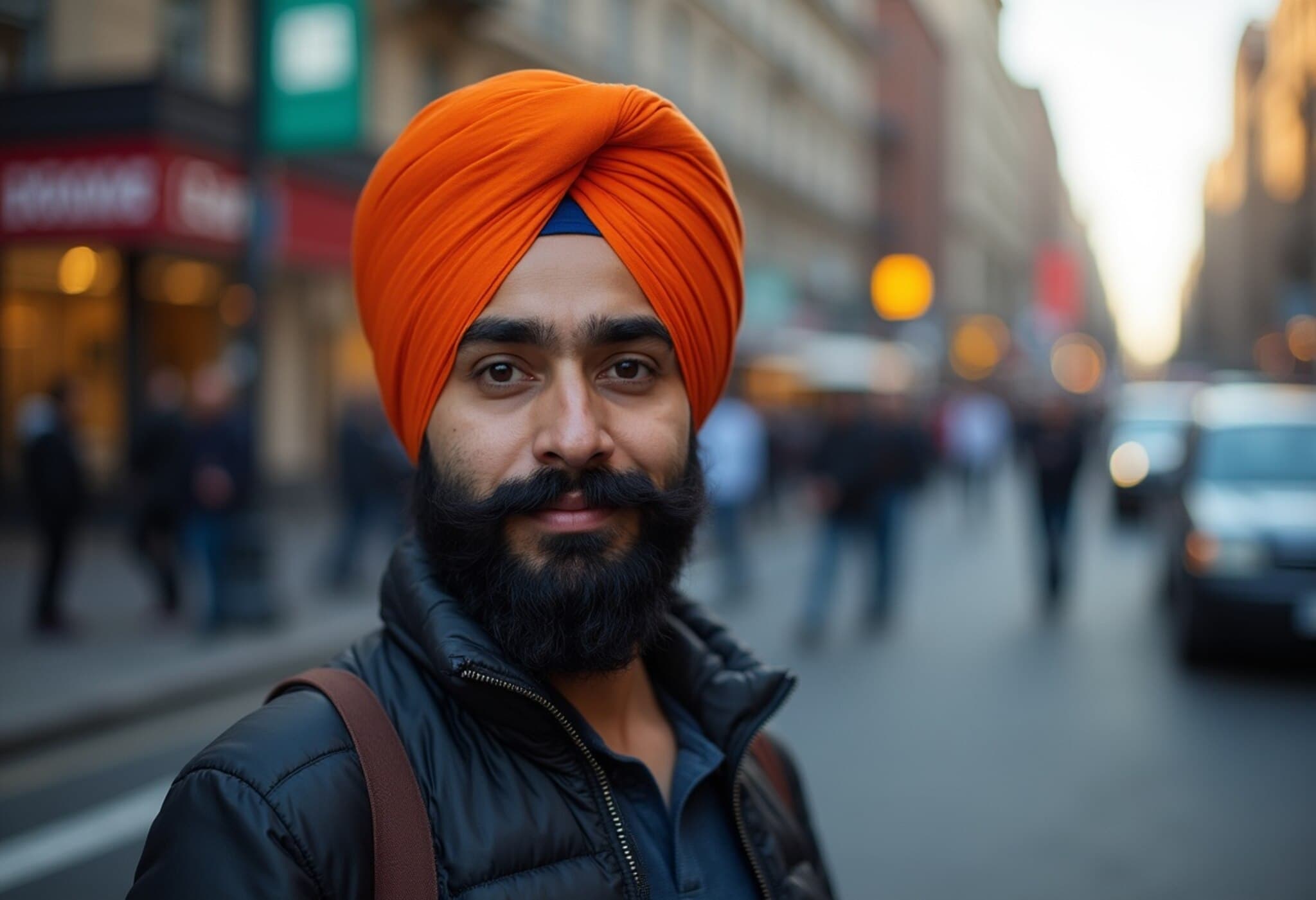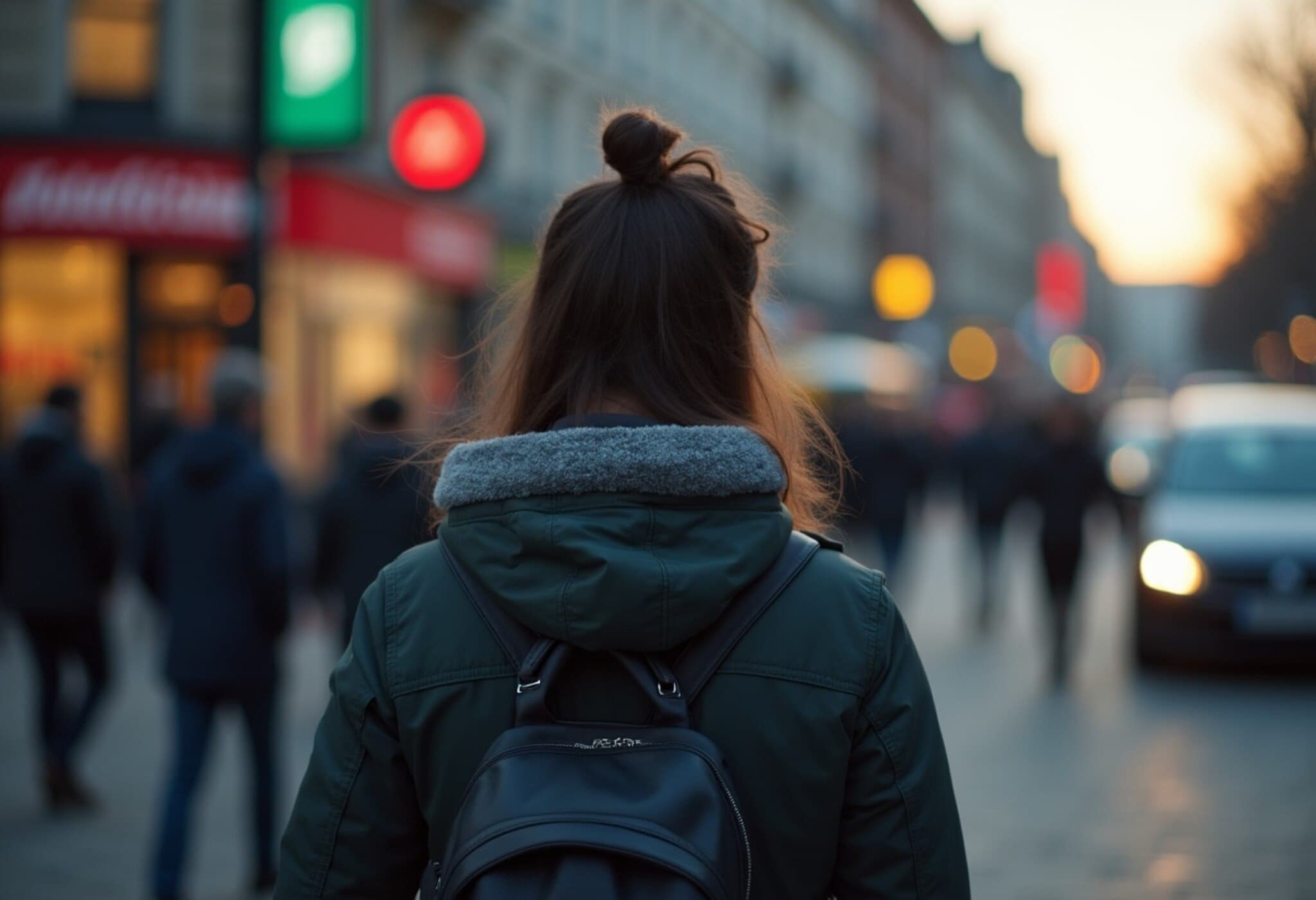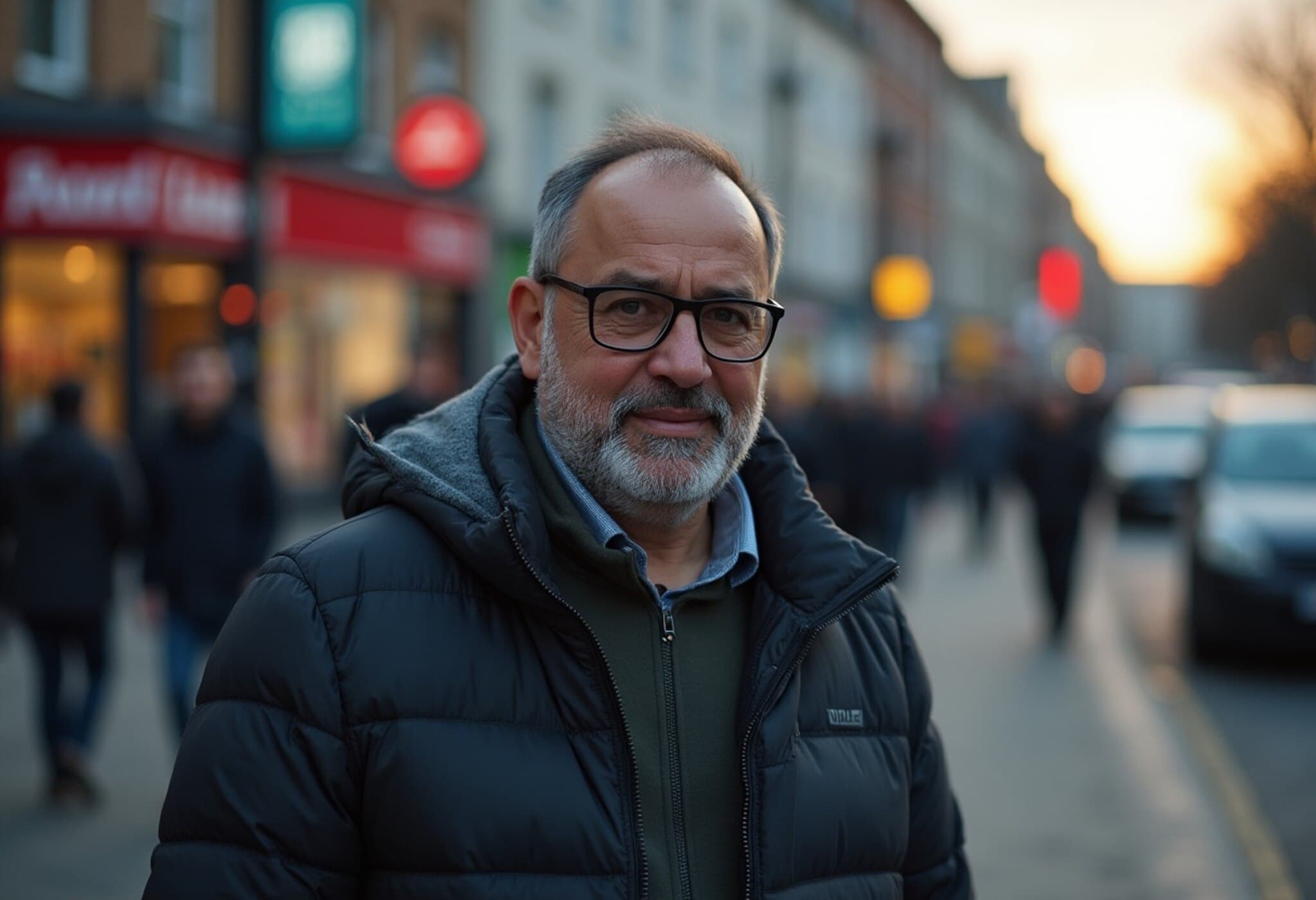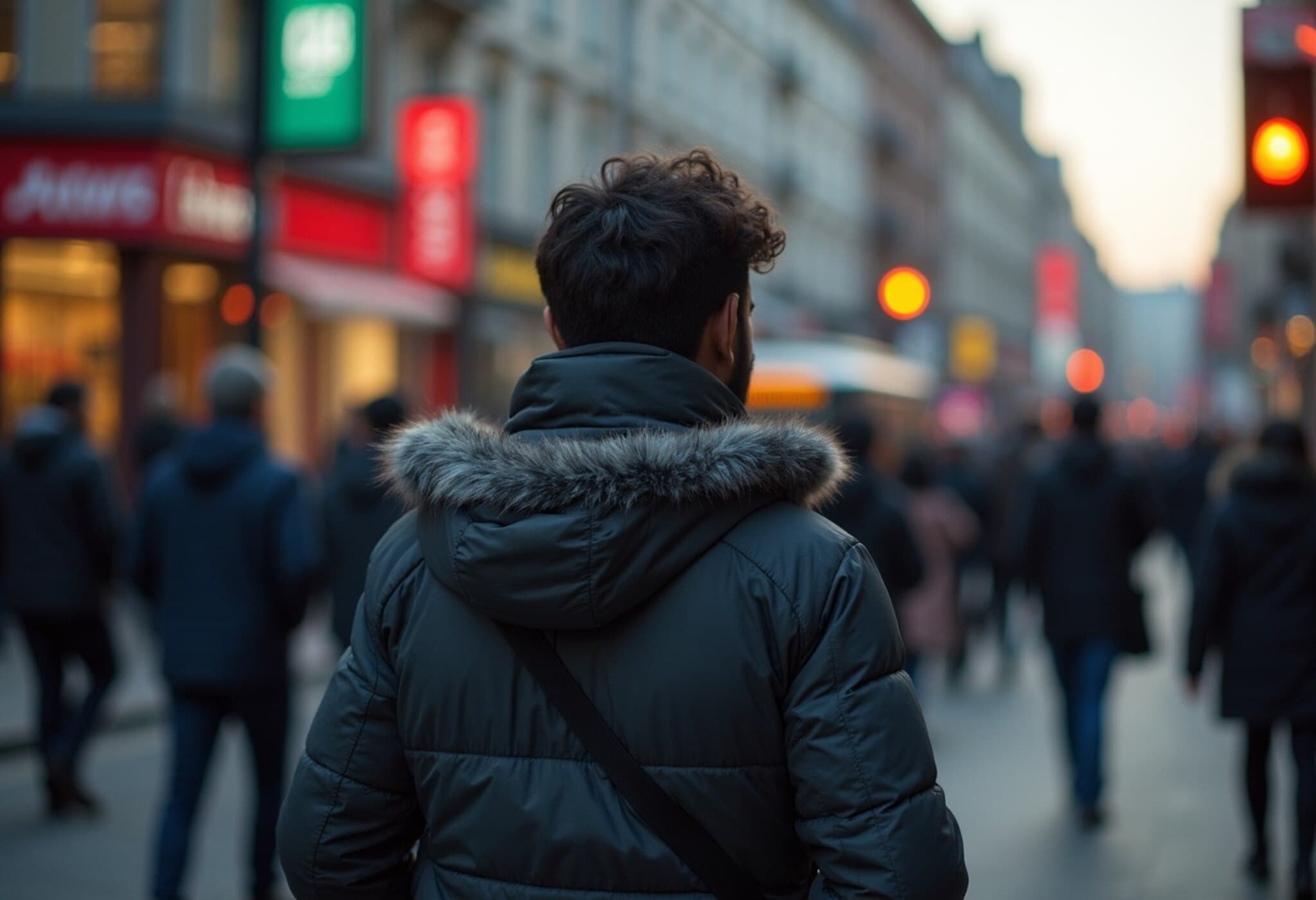Brutal Racist Attack Targets Indian Man in Dublin’s Tallaght
In a disturbing incident that has sent shockwaves through Ireland’s immigrant community, an Indian man in his 40s was viciously attacked by a gang of teenage males in Dublin’s Tallaght neighborhood. The assault took place on Saturday evening, July 19, at approximately 6pm, leaving the victim seriously injured and hospitalized.
The man, who works for Amazon and reportedly arrived in Dublin only three weeks prior, was falsely accused of inappropriate conduct near a children’s playground. This baseless allegation quickly escalated into a violent, racially motivated assault. Attackers not only beat him severely but also humiliated him by pulling down his trousers.
Emergency Response and Ongoing Investigation
Local Gardaí responded promptly after receiving reports of the attack on Parkhill Road, Tallaght. Authorities confirmed that the Indian man was taken to Tallaght University Hospital with multiple wounds and bleeding extensively. Gardaí stated, "Investigations are ongoing", urging any witnesses to come forward to aid in bringing the perpetrators to justice.
Community Leaders and Officials Speak Out
Baby Pereppadan, the Fine Gael councillor for Tallaght South, visited the victim following his hospital release and described the profound trauma he remains under. "He is not ready to take visitors yet and remains in shock," Pereppadan shared with the Irish Independent. Highlighting the frequency of such incidents, the councillor called for heightened Garda presence to protect vulnerable communities.
Seán Crowe, Sinn Féin TD for Dublin South-West, unequivocally condemned the attack, labeling it as “vile and utterly unacceptable.” Crowe emphasized that such racially charged violence instills fear, challenging the very fabric of multicultural Irish society. He appealed directly to the attackers, urging them to cease fostering division and hate under false pretenses.
Wider Societal Concerns and Calls for Action
The assault has ignited a wave of concern within Ireland’s Indian community and immigrant populations at large. Many now feel unsafe and unwelcome in areas where they contribute vital skills, particularly in sectors such as healthcare and IT.
An anti-racism protest is scheduled for July 26, organized by migrant rights groups aiming to spotlight the urgent need for government-led engagement with minority communities to address escalated safety concerns.
Streetlink Homeless Support, a Dublin-based advocacy group, described the incident as a stark example of a growing pattern of racially motivated hate crimes. They connected these attacks to the increasing influence of far-right groups within Ireland, calling for robust measures to counteract such divisive ideologies.
Contextual Insight: Racism and Integration Challenges in Ireland
This attack underscores ongoing challenges Ireland faces as it becomes an increasingly diverse society. The country has seen a significant rise in migrant workers and international students over the past decade. While multiculturalism enriches the social fabric, it also necessitates vigilant efforts to combat racial prejudice and violent intolerance.
Experts in migration and social policy highlight that stronger community policing, inclusive education programs, and public awareness campaigns are crucial to fostering cohesion and preventing hate-driven violence. Moreover, the incident raises critical questions about the responsibility of local authorities in safeguarding immigrant rights and the broader societal need to confront xenophobic narratives head-on.
What Comes Next?
- Police Investigation: Gardaí continue to investigate and appeal for witnesses.
- Community Response: Anti-racism protests planned for July 26 aim to promote solidarity.
- Government Action: Calls intensify for improved engagement with immigrant communities and enhanced safety measures.
- Public Discourse: Encouraging informed conversations around racism, integration, and community security across Ireland.
Editor’s Note
This incident serves as a stark reminder that racial intolerance often lurks beneath the surface in even seemingly inclusive societies. Beyond the immediate trauma inflicted on the victim, it reflects deeper social fissures that threaten community harmony.
As Ireland grapples with its evolving identity amid growing diversity, questions arise: How prepared is the nation to protect its newest residents? What systemic responses are needed to dismantle prejudice and promote genuine inclusion? And crucially, how can the voices of marginalized communities be elevated to create safer, united neighborhoods?
Vigilance, empathy, and proactive policies are essential—not only to prevent tragedies like these but to build a more resilient, compassionate Ireland that honors human dignity above all.

